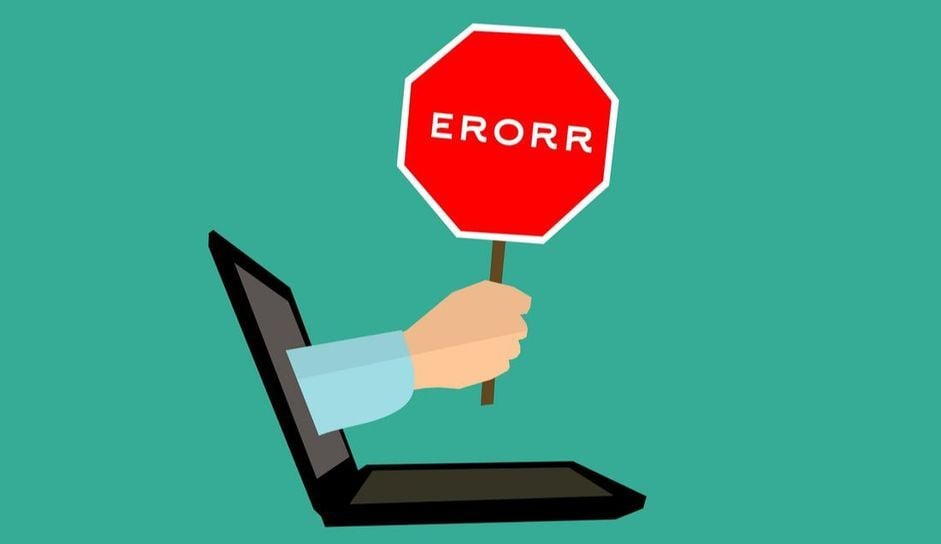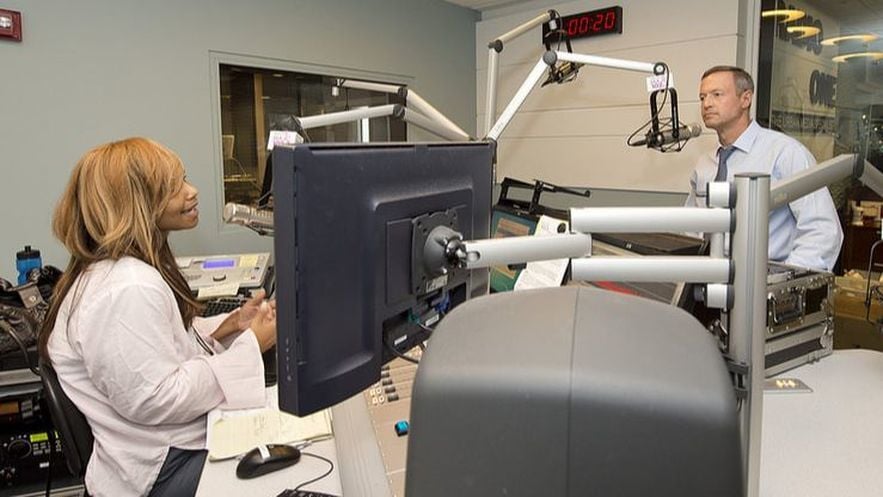What does it take to become a great podcast host? Most of the best moments will come from you just being yourself, but here are a few extra things you can do to make sure you host your podcast with style and make it the best it can be.
1. Be Passionate
The first and probably most important tip for being a good podcast host is to make sure you are focusing on a topic that you have a keen interest in. If you’re focus is something you have no interest in, audiences will pick up on that through the tone of your voice. Pick a topic that you love and focus on that, like the people behind Star Wars Minute.

They loved Star Wars so much that they focused on creating a unique podcast, going through the films analysing one minute at a time.

2. Narrow Your Focus
Another key tip is to pick a specific topic. It is one thing to do a podcast about movies, but if you narrow your focus to just comedy, it will be a very different audience that listens. If you narrow your focus you will be able to target a very specific audience, for example, The Pen Addict podcast. This podcast is literally created for stationary addicts, and every episode is focused on different pens, pencils, notebooks etc.

3. Research is Key
Research is absolutely key for a good podcast host. As podcasts are generally extremely niche, they require a decent amount of research going into them to make sure that the information you are providing to your listeners is as accurate as it can be. Also, because your focus will be so niche, you can expect most of your audience to already know a good amount about the topic you are covering. Even if you think you know your topic inside out, it’s always good to fact check everything you broadcast.
4. Make a Guide
Making a rough outline of how you want your podcast episodes to go is always a good idea. If there is a particular structure with regular returning segments to your podcast, it stops you from rambling on for too long about subjects that just aren’t important and keeps you on track.

Sometimes, going off track a bit can help to add personality to your podcast, however, if you have a guide, you can always find your place and bring yourself back on topic.
5. Mistakes Are Fine
Don’t be afraid to mess up. Podcasts are great because generally, you aren’t broadcasting live. This means you can afford to mess up or stutter over your words. Try recording a few test runs first and listen to them back. See how things sound and make any adjustments you want.

Generally, to reduce the amount of files you record, it’s suggested that you just do one continuous take and just talk freely. That way, you don’t have to sift through loads of files and any mistakes you can simply cut out in the edit.

6. Get Personal
A big factor in building a relationship with your audience is how you address them. Never use terms like ‘the audience’ or ‘the listeners’. Using this kind of terminology distances yourself from your audience and puts you on a different plane to them. If you directly address them as if you are talking to one person, it sounds a lot friendlier and more personal, for example, ‘You guys’ or ‘Let me know what you think’.
7. Treat Guests Well
Having guests on your podcast is an excellent idea as many audience members love to hear experts on a specific topic discuss their thoughts or ideas. However, this doesn’t work if you don’t give your guest their chance to talk. Always make sure you ask your guests open-ended questions, nothing that they can just say a plain yes or no to, and then let them finish their whole answer before you speak.

Make a rough plan of questions you would like to cover in the interview but don’t rigidly stick to that, let the conversation flow naturally and it’s bound to be a much easier listen.
8. Review Yourself
Don’t just put an episode out for the public and then forget about it. A good podcast host must always be listening to previous episodes and review yourself. What did you do well? What are some areas you think you can improve for the next episode?

If you listen back to what your listeners are hearing, you will be able to notice things that you could improve for next time, or even segments that worked really well that you could repeat in future episodes.

9. Get Social Media Savvy
Make your presence known online. Create a Facebook page, Twitter page, Snapchat etc. for your podcast and post regularly. This presence will boost your podcast's profile and help potential new listeners to find you a lot easier.
Make sure to use specific hashtags too. If posting on each platform manually consumes too much time, look into apps like Hootsuite where you can schedule posts to go to all social media automatically and at the same time.
10. Thank Your Audience
Without your audience, your podcast would be nothing. You rely on your audience as you host your podcast to subscribe, provide feedback, and enjoy your hard work.

This is why it’s important to host your podcast in a way to always thank your audience for listening at the end of every episode, also encourage them to subscribe to your podcast if they enjoyed that episode. If you’re already a few episodes in, let them know that they can catch up with previous episodes and provide a weblink for them.







